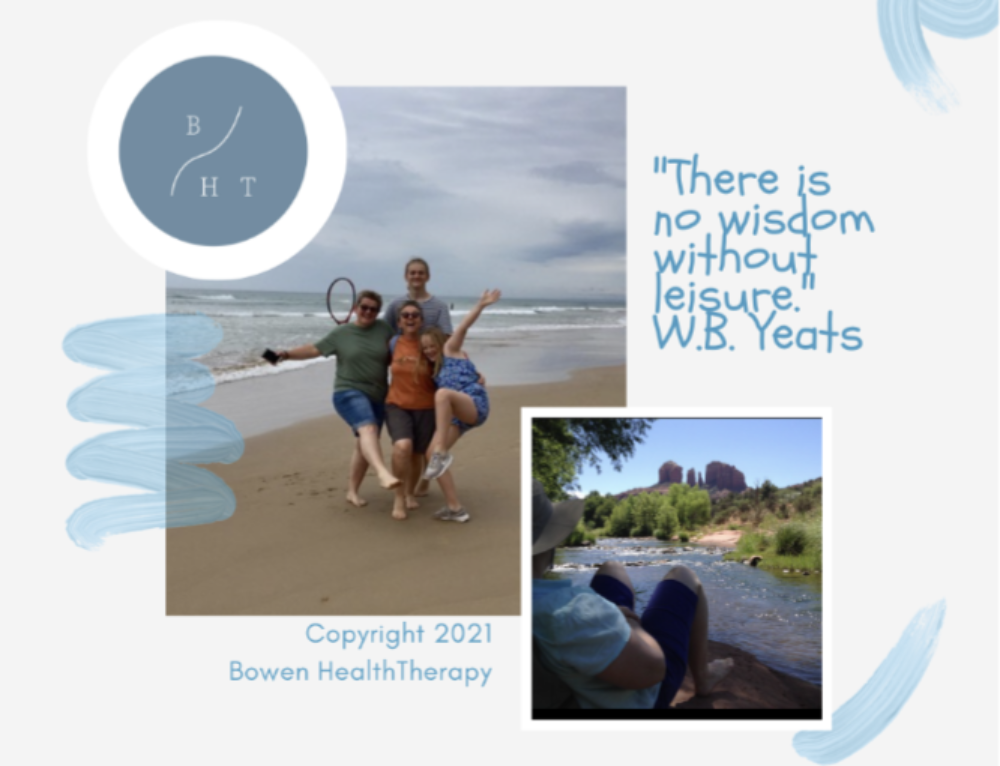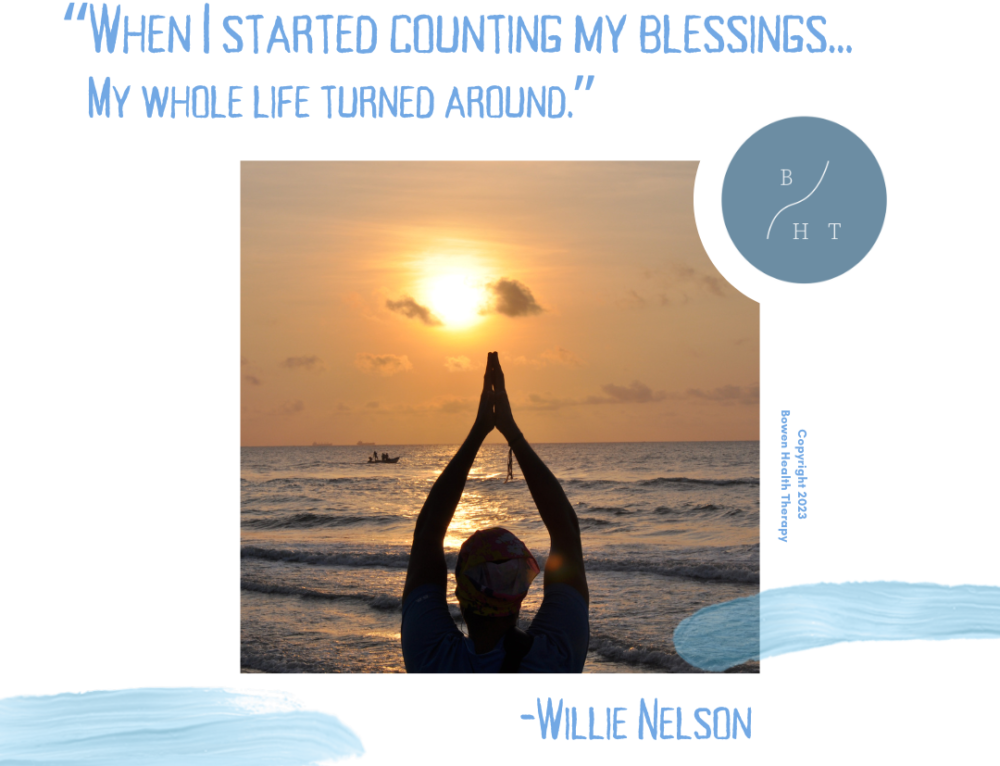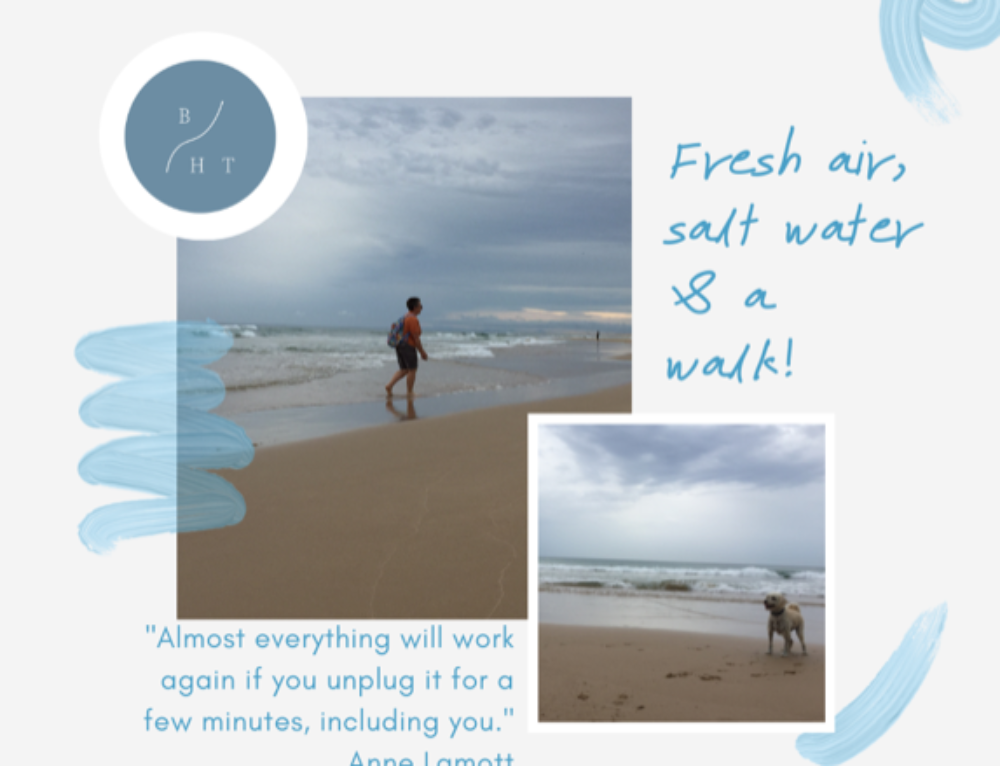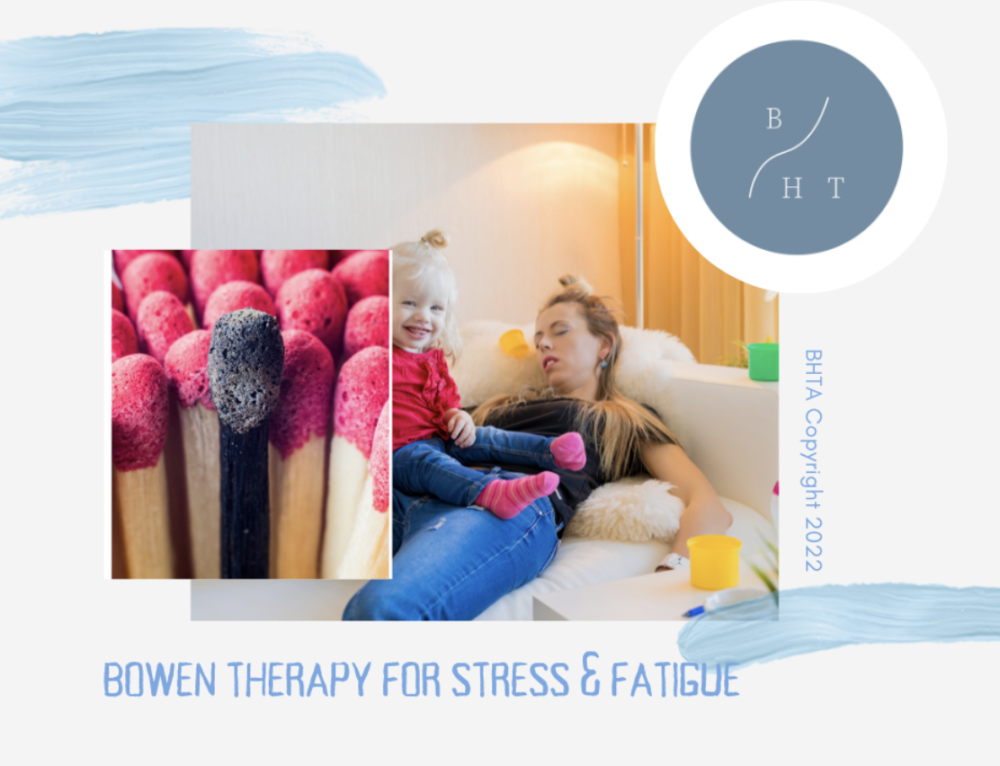Welcome back and if you are new to our newsletter we hope you find some helpful and informative information. Our last newsletter took a look at sleep and how the quality of our sleep may affect our health.
In this edition we will explore some of the effects of loneliness and isolation on our health and well-being as well as some of the ways we can combat those effects.
NB: Remember your Doctor is your primary health care provider. The information provided herein is general and informative in nature and does not replace your doctor’s advice.
According to new research loneliness is becoming a serious public health problem for our young people 16 to 25 years of age as well as our elderly, particularly those in the over 75 age bracket. https://www.vichealth.vic.gov.au/letter/articles/vh-letter-47-loneliness
That is not to say people in between those age groups or even younger don’t experience loneliness or isolation but the research suggests that those two groups experience the highest levels. Loneliness and isolation also became a much bigger issue for people, across the board, during 2020 when we had to isolate for periods of time, some much longer than others. This enforced isolation put an even greater stress on people.
The flow on effects of loneliness and isolation on our health is significant the longer it continues. Research is showing that people “who feel lonely or isolated are at increased risk of developing coronary artery disease, stroke, depression, high blood pressure, declining thinking skills, an inability to perform daily living tasks, or an early death.” https://www.health.harvard.edu
Whether we realise it or not, we all need or search for happiness, security, support and a sense of purpose in our lives. We can become very disillusioned by what we have read above but there are things we can do to help change those outcomes. So what are some of the ways we can combat or conquer loneliness and isolation? Some of the simplest ways may include:
- Maintaining social contact with family or friends; either by phone, in person, outings, meals together.
- Joining a social group
- Volunteering for a not-for-profit organisation
- Being thankful / grateful for something or someone each and every day.
- Focusing on the things you can change and work on them.
- Endeavouring to be around people that bring you joy and take part in activities that help you find joy.
- Limiting you time watching or listening to the news. It can be very depressing.
- Endeavouring to treat yourself and others with compassion.
- Creating a routine that includes physical activity, time for connecting with others, a creative hobby or project or something else that is relaxing for you.
- Being brave – try something new!
- Seeking professional help: doctor, psychologist, counsellor.
(www.health.harvard.edu)
Ticking everything off on the list above may not be possible, so we need to be kind to ourselves and maybe choose just one or two or even two or three to get us started.
This may not apply to you but you might think of someone you know who may benefit from this or the links below. This link from Beyond Blue provides some very good information.
https://resources.beyondblue.org.au/prism/file?token=BL/1366
NB: If you are struggling at this time please contact you doctor.
Organisations that are there to help:
- www.beyondblue.org.au or Phone: 1300 22 4636
- www.lifeline.org.au or Phone: 13 11 14 (24 hours)
These organisations are there to provide support at no cost.
I hope you have found this information helpful.
Take care and kind regards
Katrina Ridley – Bowen Health Therapy







Leave A Comment